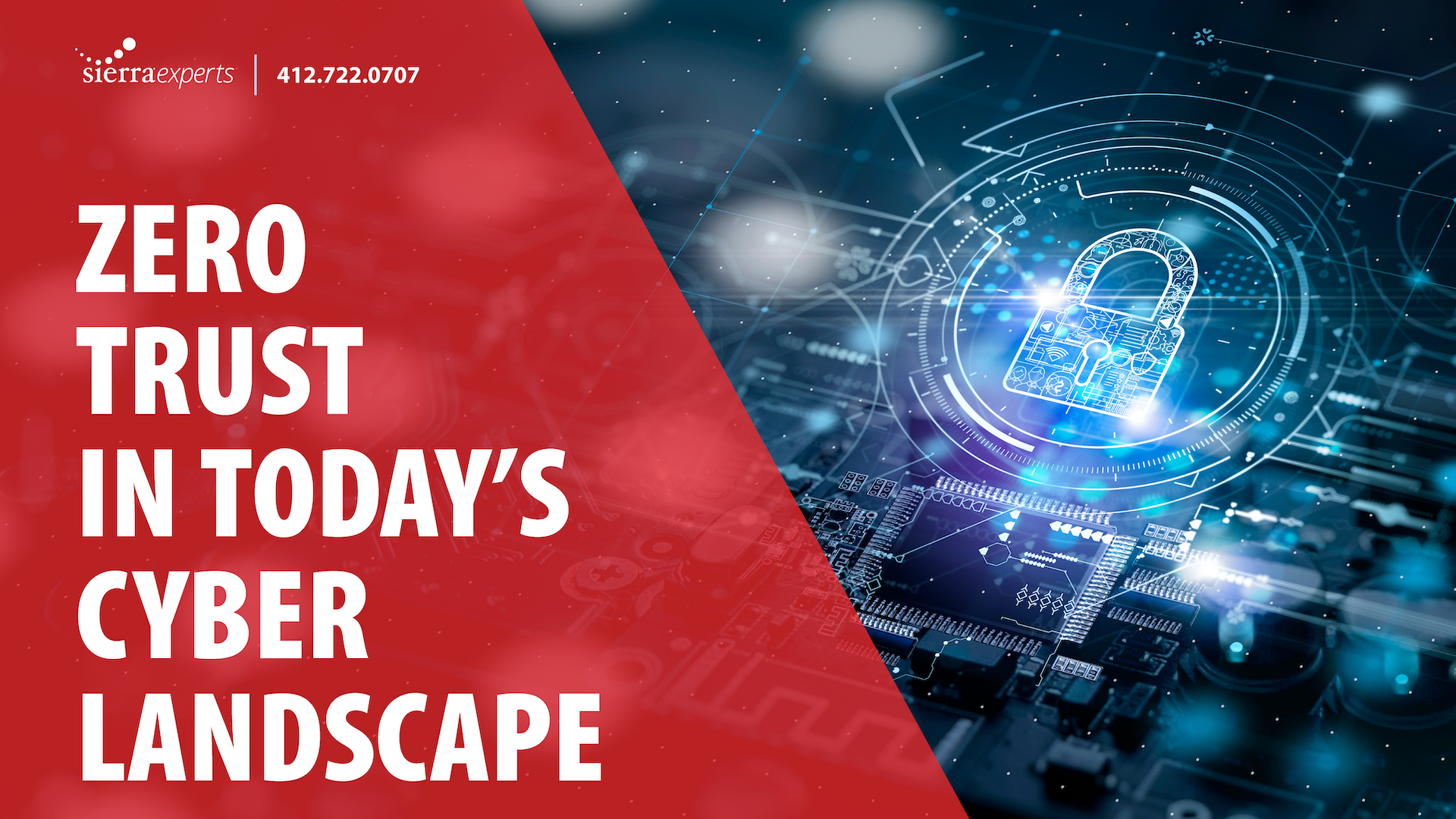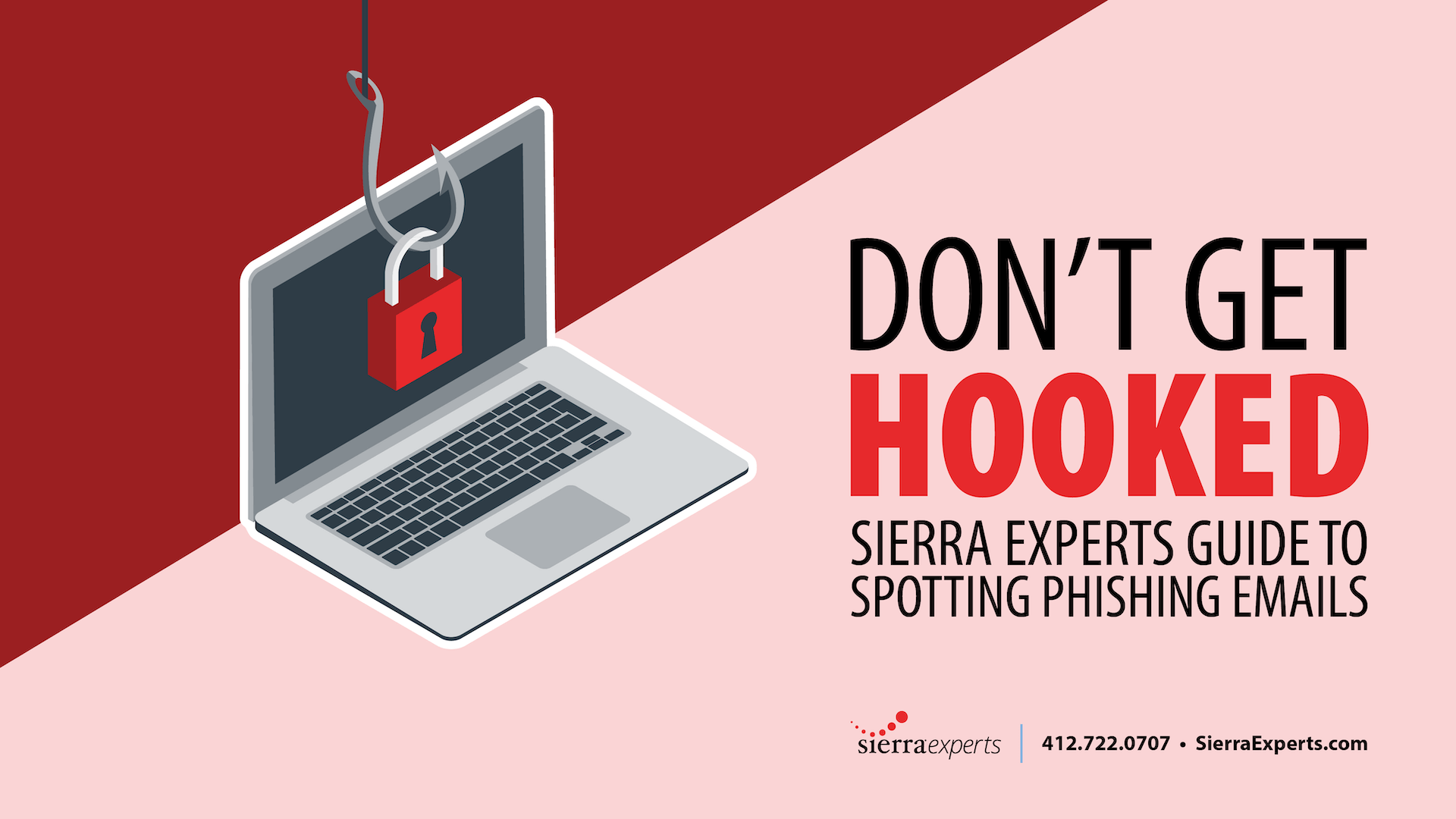The evolving cyber threat landscape poses increasing challenges to organizations of all sizes, with sophisticated attacks exploiting vulnerabilities in digital infrastructure and targeting sensitive data. Common cybersecurity attacks include phishing, ransomware, malware, DOS attacks, and insider threats. These attacks target network, system, and application vulnerabilities, aiming to steal sensitive data, disrupt operations, or gain unauthorized access. This leads to why zero-trust security is so important.
Zero-trust security is a cybersecurity approach that challenges the traditional perimeter-based model by assuming that threats may already exist within the network. It emphasizes strict access controls, continuous monitoring, and verification of identities and devices, regardless of location within or outside the network perimeter. Zero-trust dictates that organizations should never trust, always verify, and continuously authenticate every user, device, and application trying to access their network resources.
Zero-trust is essential because traditional security measures, such as firewalls and VPNs, are no longer sufficient in today’s dynamic and complex landscape. With the rise of cloud computing, remote work, and mobile devices, the traditional perimeter has faults, making it easier for cybercriminals to bypass traditional defenses. Zero-trust security helps businesses better protect their critical assets and infrastructure by adopting a more proactive approach to security, reducing the risk of data breaches, unauthorized access, and insider threats.
The Benefits of a Zero-Trust Security Solution
Adopting a zero-trust solution offers numerous benefits. By eliminating the inherent trust placed in users, devices, and applications, zero-trust enhances security performance and reduces the attack surface, mitigating the risk of unauthorized access and data breaches. This approach also provides improved risk management, as strict access controls and continuous monitoring help identify and reduce security risks, minimizing the impact of potential incidents and compliance violations.
Additionally, zero-trust principles protect against insider threats by ensuring that all users and devices undergo continuous authentication and authorization. Reducing the risk of malicious activity from compromised accounts. Moreover, organizations can achieve increased compliance with regulatory requirements and industry standards by implementing robust access controls, encryption, and auditing mechanisms to safeguard sensitive data. With zero-trust, flexible workforce enablement is possible, providing secure access to resources from any location, device, or network to support remote work without sacrificing security.
Furthermore, zero-trust simplifies security operations by consolidating access controls, monitoring, and auditing into a centralized framework, enabling more efficient incident response and remediation. Finally, adopting a zero-trust solution like ThreatLocker can positively impact cybersecurity insurance premiums by reducing the overall risk profile of your business. Organizations can significantly mitigate the likelihood of successful cyberattacks and data breaches by implementing a zero-trust approach. As a result, insurance carriers may view these businesses with a zero-trust approach as lower risk and offer more favorable premium rates.
Sierra Experts, Now with ThreatLocker’s Zero Trust Solution
ThreatLocker’s zero-trust solution revolutionizes cybersecurity by fundamentally changing how organizations protect their digital assets. Unlike traditional security models that rely on perimeter defenses and trust-based controls, ThreatLocker adopts a zero-trust approach, where trust is never assumed on all users, devices, and applications are subject to rigorous verification and authorization.
To protect our customers and their data, we have implemented ThreatLocker’s zero-trust security solution into our offerings. By integrating ThreatLocker into our managed services portfolio, we can empower organizations to adopt a proactive and holistic security strategy that prioritizes prevention, detection, and response, thus reducing the chance of a cybersecurity threat.
Today, threats like phishing and ransomware are rampant, highlighting the need for robust security measures. Zero-trust security, which assumes threats may exist within networks, offers a proactive approach. Enforcing strict access controls and continuous monitoring reduces the risk of breaches and insider threats.
Zero-trust security enhances security posture and compliance with components like identity management and encryption. By adopting solutions like ThreatLocker, businesses can mitigate cyber risks and potentially reduce insurance premiums. Contact us to learn more.
Other Content You May Enjoy:





